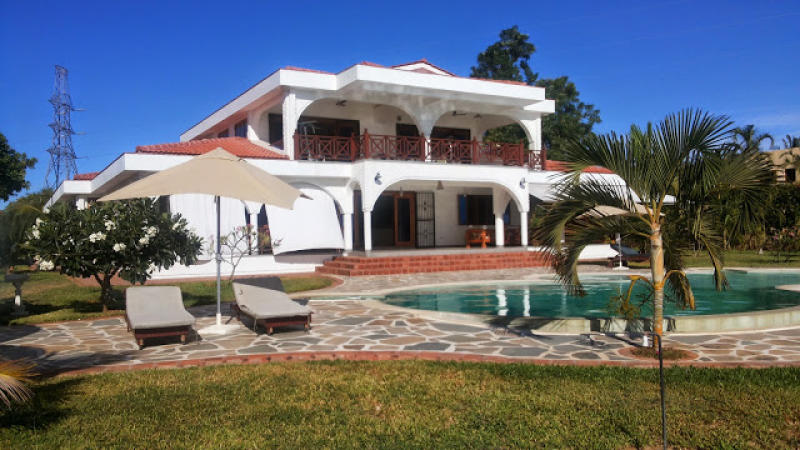×
The Standard e-Paper
Stay Informed, Even Offline

Senators have defended the move to cap the cost of constructing residences for top county chiefs and offices for other county employees.
The lawmakers said the decision was arrived at after an inquiry revealed that some costs were so inflated that they invited scrutiny to establish whether the deals were fraudulent.